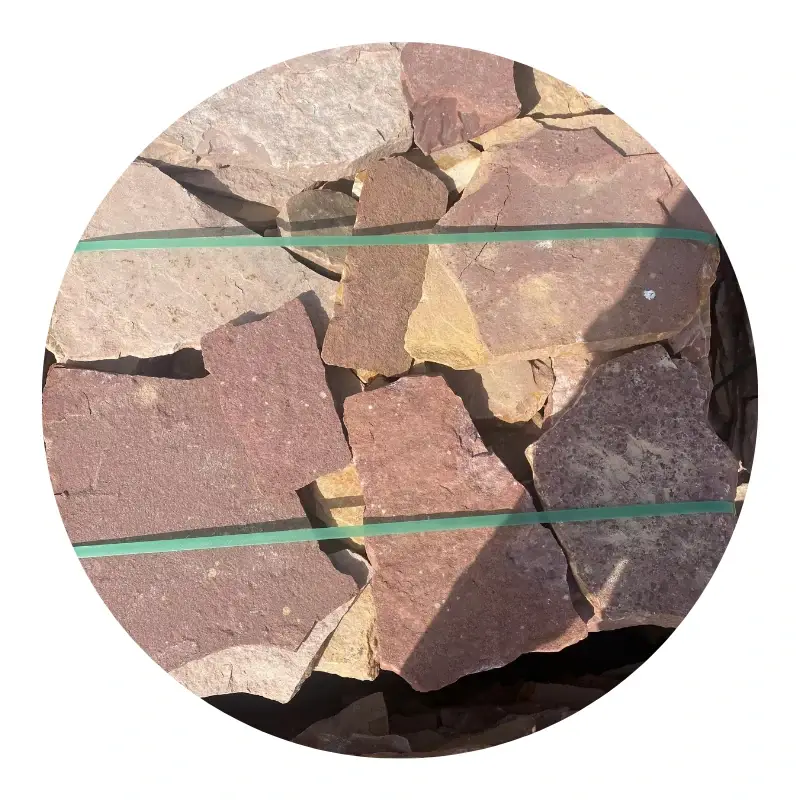
bentonite clay soil
Bentonite Clay Soil Characteristics, Applications, and Benefits
Bentonite clay soil, derived from volcanic ash, is a unique material that has garnered significant attention in various fields due to its remarkable properties. Composed primarily of montmorillonite, a type of clay mineral, bentonite has the ability to absorb water and swell, making it an invaluable resource for a multitude of applications. Understanding its characteristics, applications, and benefits can shed light on why it is increasingly utilized across diverse industries.
Characteristics of Bentonite Clay Soil
One of the most distinctive features of bentonite clay soil is its swelling capacity. When gradually introduced to water, bentonite can expand up to several times its original volume. This property is attributed to the layered structure of montmorillonite, which can capture and hold water molecules between its layers. The high plasticity of bentonite clay allows it to be molded and shaped easily, making it suitable for various construction and industrial applications.
Apart from its swelling ability, bentonite clay has excellent adhesive properties. This characteristic enables it to bond well with other materials, enhancing its functionality in many applications. Moreover, bentonite has a high cation exchange capacity (CEC), meaning it can hold and exchange nutrients effectively. This property makes it particularly beneficial in agricultural practices, where soil health and nutrient retention are crucial for crop growth.
Applications of Bentonite Clay Soil
Bentonite clay soil has found extensive applications in various sectors. In construction, it is commonly used as a sealant in landfills, ponds, and tunnels due to its impermeability. The clay’s swelling behavior helps create a barrier that prevents the migration of contaminants, thereby protecting the surrounding environment. Additionally, bentonite is employed in drilling mud for oil and gas exploration. It aids in lubricating drill bits and stabilizing boreholes, reducing friction and preventing collapses.
bentonite clay soil

In the agricultural industry, bentonite clay soil is valued for its ability to improve soil structure and nutrient retention. When mixed with topsoil, it enhances water retention, which is particularly beneficial in arid regions. Furthermore, its high CEC allows it to bind with essential nutrients, making them more available to plants. This can lead to improved crop yields and healthier soil ecosystems.
Bentonite is also utilized in the production of cat litter, where its clumping ability makes it ideal for absorbent materials. Its natural absorbency and odor-neutralizing properties make it a preferred choice among pet owners. In the cosmetic industry, bentonite is incorporated into various skincare products due to its absorbent capacity, helping to cleanse and detoxify the skin by drawing out impurities.
Benefits of Bentonite Clay Soil
The numerous benefits of bentonite clay soil extend beyond its physical properties and applications. Its eco-friendliness is a significant advantage, as it is a natural and sustainable material. The use of bentonite in construction and agriculture can minimize environmental impact while providing effective solutions to various challenges. For instance, its application in landfill sealing helps in environmental conservation by preventing soil and water contamination.
Additionally, bentonite clay’s ability to improve soil quality plays a crucial role in sustainable agriculture. By enhancing water retention and nutrient availability, it supports healthier plant growth while reducing the need for chemical fertilizers. This not only benefits the farmer’s productivity but also contributes to the overall health of the ecosystem.
In conclusion, bentonite clay soil stands out as a versatile and valuable resource with a wide range of applications across industries. Its unique characteristics, such as swelling capacity, adhesive properties, and high nutrient retention, make it indispensable in construction, agriculture, and beyond. As society continues to seek sustainable solutions to various challenges, bentonite clay’s role is likely to expand, further highlighting its importance in our daily lives and the environment.
Share
-
Premium Pigment Supplier Custom Solutions & Bulk OrdersNewsMay.30,2025
-
Top China Slag Fly Ash Manufacturer OEM Factory SolutionsNewsMay.30,2025
-
Natural Lava Rock & Pumice for Landscaping Durable Volcanic SolutionsNewsMay.30,2025
-
Custom Micro Silica Fume Powder Manufacturers High-Purity SolutionsNewsMay.29,2025
-
Custom Mica Powder Pigment Manufacturers Vibrant Colors & Bulk OrdersNewsMay.29,2025
-
Custom Micro Silica Fume Powder Manufacturers Premium QualityNewsMay.29,2025






